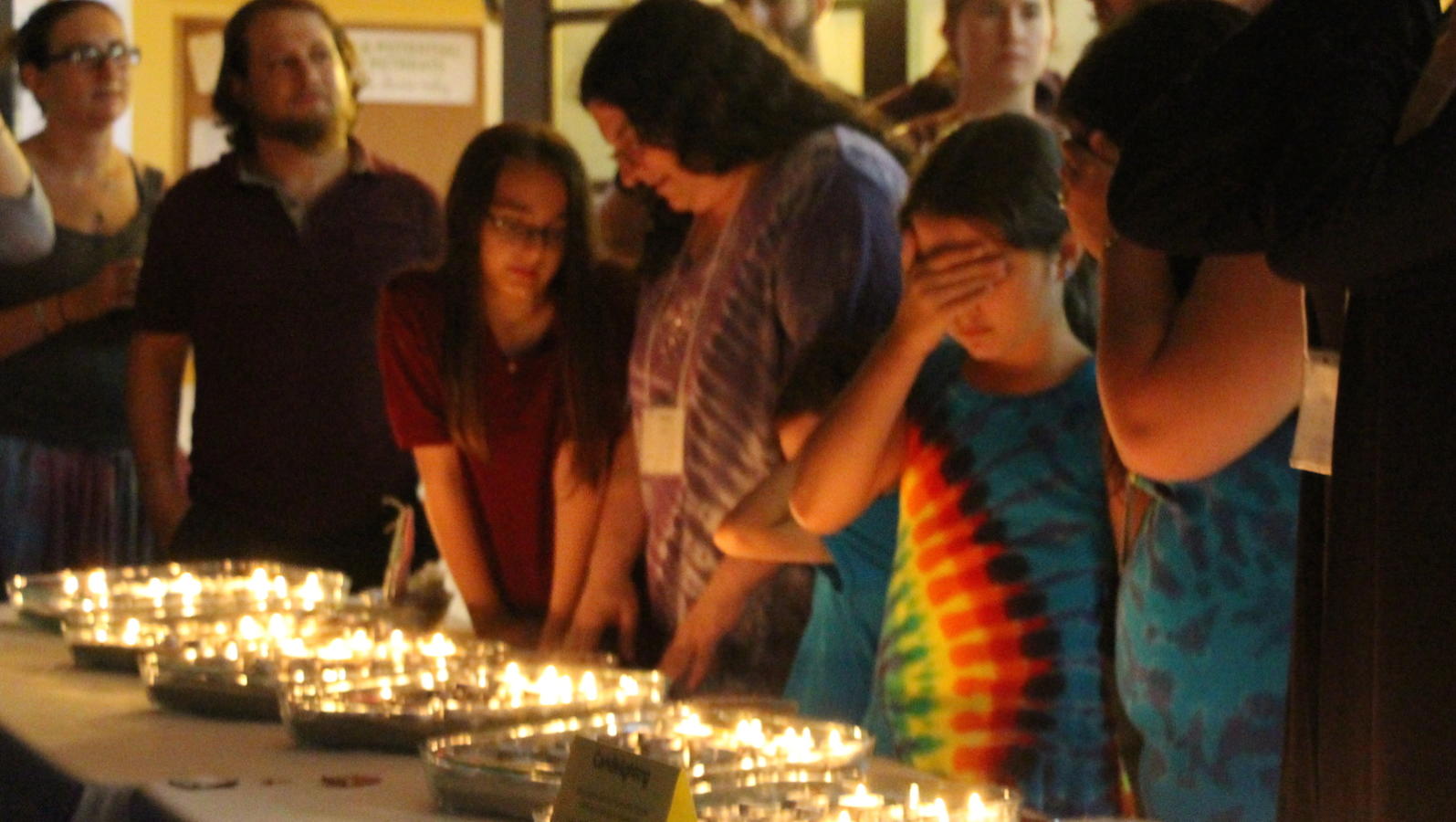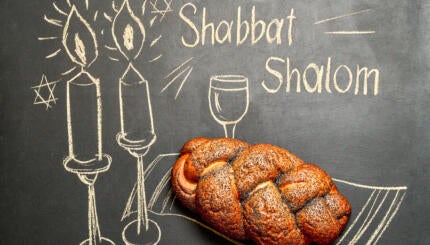Commentary on Parashat Ki Tisa, Exodus 30:11-34:35
Often people ask, “What does Judaism offer the individual?” This is a particularly important question for those who didn’t grow up in a participating or active Jewish household, regardless of religious background. This Torah portion provides us with one obvious answer that is generally overlooked–perhaps because we are afraid of emphasizing it or because we allow ourselves to be preoccupied with ritual perfection so much that we lose sight of its primary idea.
With a focus on Shabbat, Ki Tisa shows how Judaism can provide an anchor for individuals in a world that is chaotic and difficult to navigate, especially when Shabbat is celebrated in the context of family and community. This portion also demonstrates how Shabbat can help define and nurture the relationship between God and the people. In so doing, it demonstrates that Shabbat is actually a sign of that relationship. To nurture one’s relationship with God, one should continually expand one’s celebration of Shabbat.
Shabbat as a Gift
Although many consider Shabbat one of the gifts of the Jewish people to the world, it is much more than an abstract intellectual idea. According to S.A. Taub of Modzhitz, a Hasidic teacher in Poland, Shabbat is intentionally mentioned twice to emphasize that Shabbat is about being and doing. Shabbat is both a state of being, but one that has to be actively pursued (hence the “doing” part).
Shabbat is also essential to creating Jewish memories. Unlike most other Jewish experiences, Shabbat can help develop those memories on a weekly basis. As far as I am concerned, creating Jewish memories is what Jewish education is all about. And for those who come to Jewish practice as adults (regardless of the path that got them there), whose primary deficiency is in a dearth of Jewish memories, Shabbat becomes indispensable for garnering such Jewish mementos.
With your help, My Jewish Learning can provide endless opportunities for learning, connection and discovery.
As I get older, I appreciate Shabbat more and more. One of the most wonderful aspects of Shabbat is that the experience is open to anyone–all you have to do is open your heart and your home.
Rabbi Kerry Olitzky is is the author of many inspiring books that bring the wisdom of Jewish tradition into everyday life. He most recently co-authored 20 Things for Grandparents of Interfaith Grandchildren to Do (And Not Do) to Nurture Jewish Identity in Their Grandchildren and Jewish Holidays: A Brief Introduction for Christians.
Sign up for My Jewish Learning’s RECHARGE, a weekly email with a collection of Shabbat readings and more to enhance your day of rest experience.
Hasidic
Pronounced: khah-SID-ik, Origin: Hebrew, a stream within ultra-Orthodox Judaism that grew out of an 18th-century mystical revival movement.
Shabbat
Pronounced: shuh-BAHT or shah-BAHT, Origin: Hebrew, the Sabbath, from sundown Friday to sundown Saturday.
Torah
Pronunced: TORE-uh, Origin: Hebrew, the Five Books of Moses.



